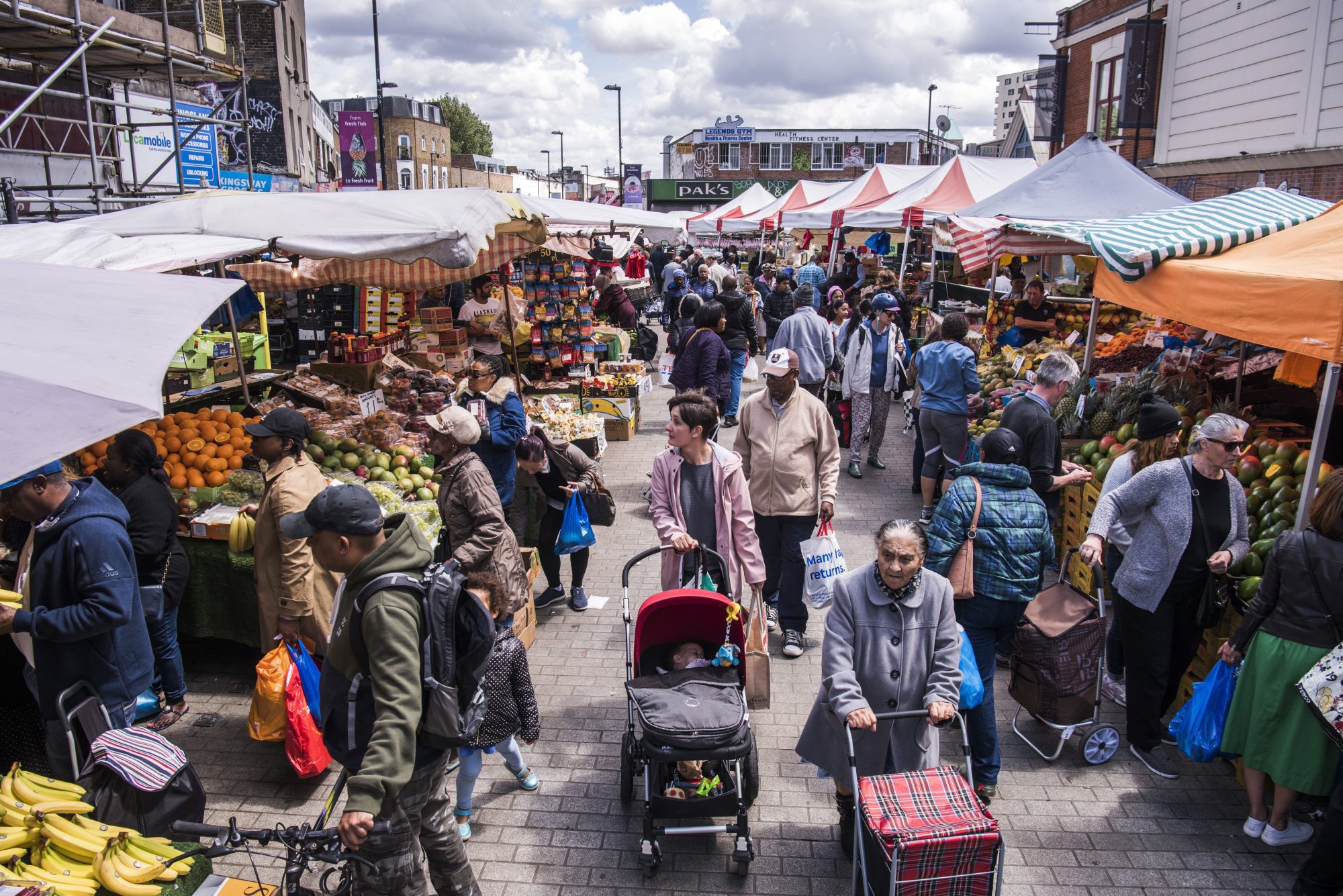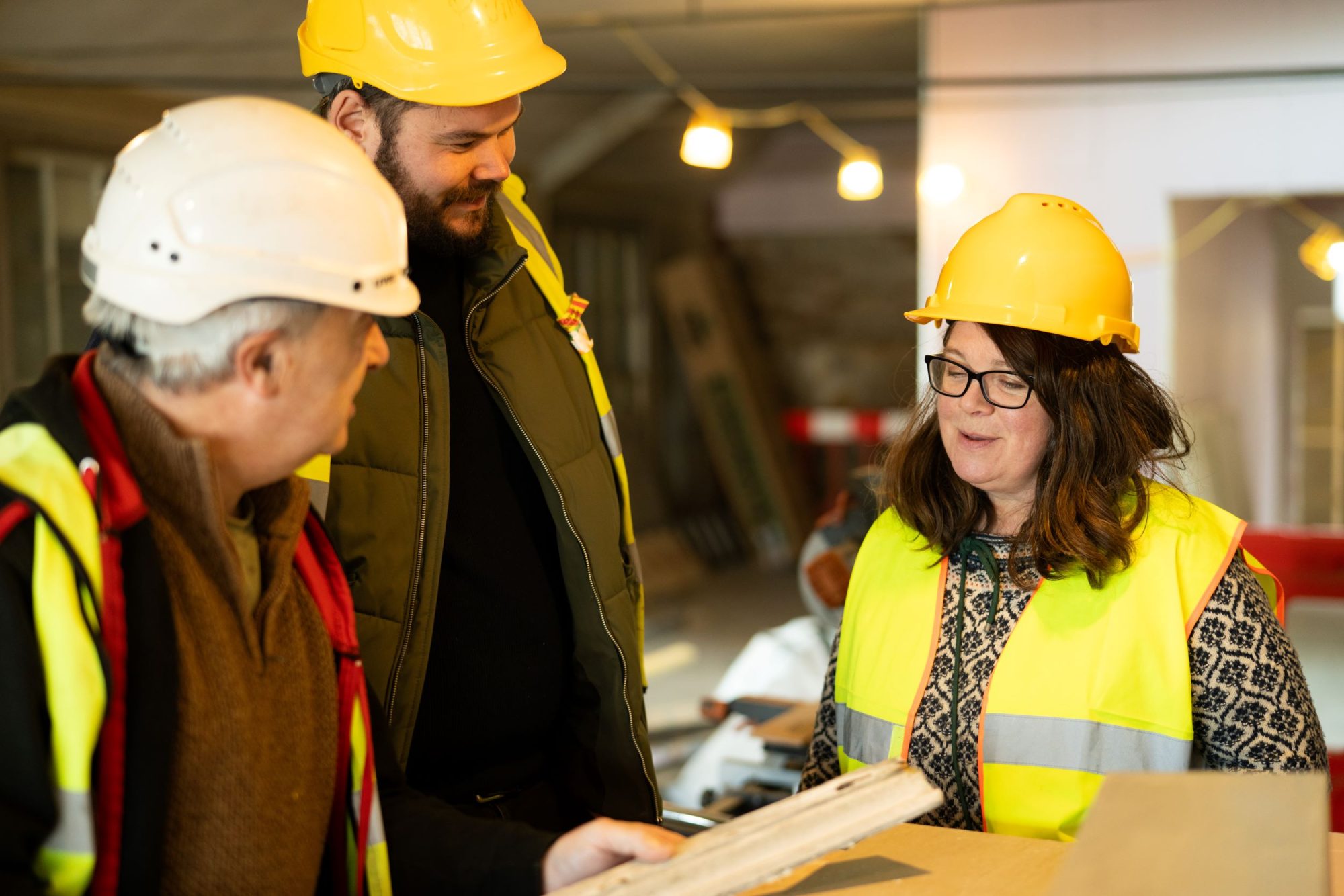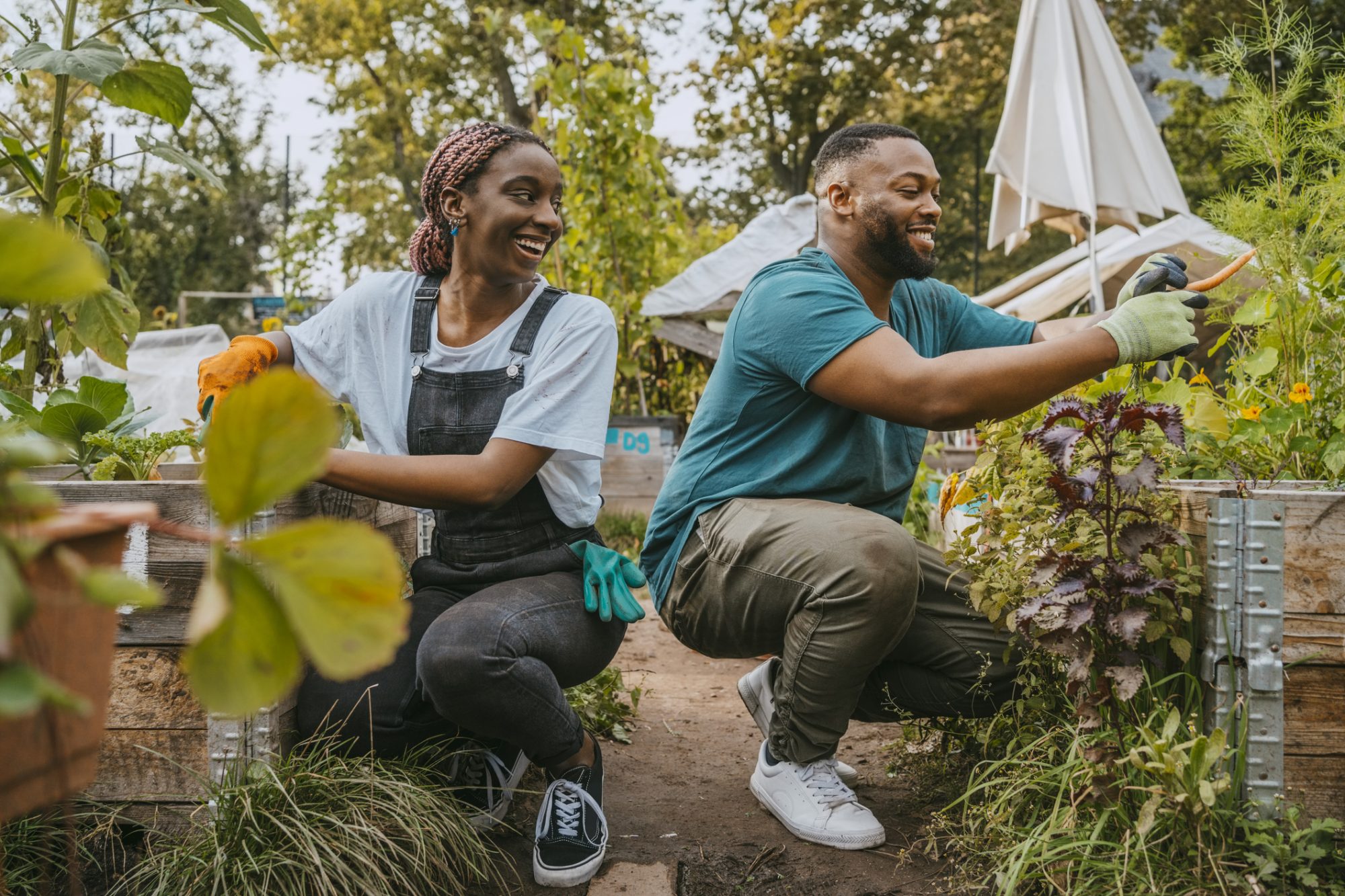
Dr Myfanwy Taylor
Research Fellow, University College London
Over the last four years, the Markets4People team have been working to understand and enhance the wide-ranging community value of traditional retail markets (TRMs) in the UK. TRMs provide a wide range of relatively low-cost food, other goods and services to predominately low-income communities in the UK. They can be distinguished from farmers and specialist markets, whose offering is generally aimed at higher-income communities.
The ESRC-funded Markets4People project has involved academic researchers from the University of Leeds and the Open University working together with the national market trader organisation NMTF and the New Economics Foundation on a wide range of contributions to policy, practice and academic research. Through a survey of 1,500 market users, six focus groups and 30 interviews, our research evidences the economic, social and cultural value TRMs produce, in particular for low-income, migrant and minoritised communities.
Why traditional retail markets matter
The community value of traditional retail markets makes them ideally placed to serve as community hubs for inclusive economies. TRMs have the potential to contribute to several key policy goals, for example town centre/high street development, public health and community cohesion. These markets can also add to community wealth building, community businesses and other linked agendas.
While markets have been highlighted as a solution for struggling high streets and a route to local economic recovery post-Covid, the emphasis has not been on TRMs. Instead, the focus has been on markets that appeal to younger, more affluent consumer — markets that focus on leisure and experiential consumption. We propose a shift in policy focus away from these more elite consumption spaces towards the TRMs which serve low-income groups, provide affordable food and other staples.
Barriers facing traditional retail markets
Concerns are growing that gentrification threatens the community value of traditional retail markets and therefore their potential to contribute to these key policy priorities. TRMs have often been seen as retail spaces from a bygone era managed by financially struggling local authorities who no longer see much purpose for them. Attempts have been made to reframe and redevelop traditional retail markets as trendy, food and leisure destinations for young and professional customers designed to attract footfall and vibrancy to town centres and high streets.
In the process of revitalising these spaces, existing traders and customers can often be marginalised as rents become higher and markets change their atmosphere and offer. This is a problem because the customer base of traditional retail markets includes groups of people already suffering from isolation or multiple vulnerabilities who rely on markets for affordable provisioning and opportunities for social interaction. In the course of the Markets4People research, we have received numerous enquiries from market operators seeking advice on how to avoid, minimise or balance gentrification to ensure TRMs continue to deliver community value after redevelopment.
Developing traditional retail markets inclusively
Thankfully, our research identified many examples of innovative new policies, practices and projects promoting community value. Our latest publication draws together over 20 of these case studies, outlining four key ways in which market operators can develop traditional retail markets as community hubs for inclusive economies:
- Value community benefits
- Connect with wider local authority goals
- Partner with other organisations
- Deliver inclusive redevelopment schemes
We hope this handbook provides a useful introduction to TRMs for those working on community and community wealth building, community business, Covid-19/high street recovery and other linked local economic development agendas. A second handbook is also in development: a practical guide for traders and communities to operate their own markets as cooperatives or community businesses.
We are keen to build on the connections made so far between the UK markets sector and community/local economic development agendas through the Markets4People project and welcome inquiries from anyone interested in this agenda.
Cover image of Ridley Road Market courtesy of Hackney Council.



